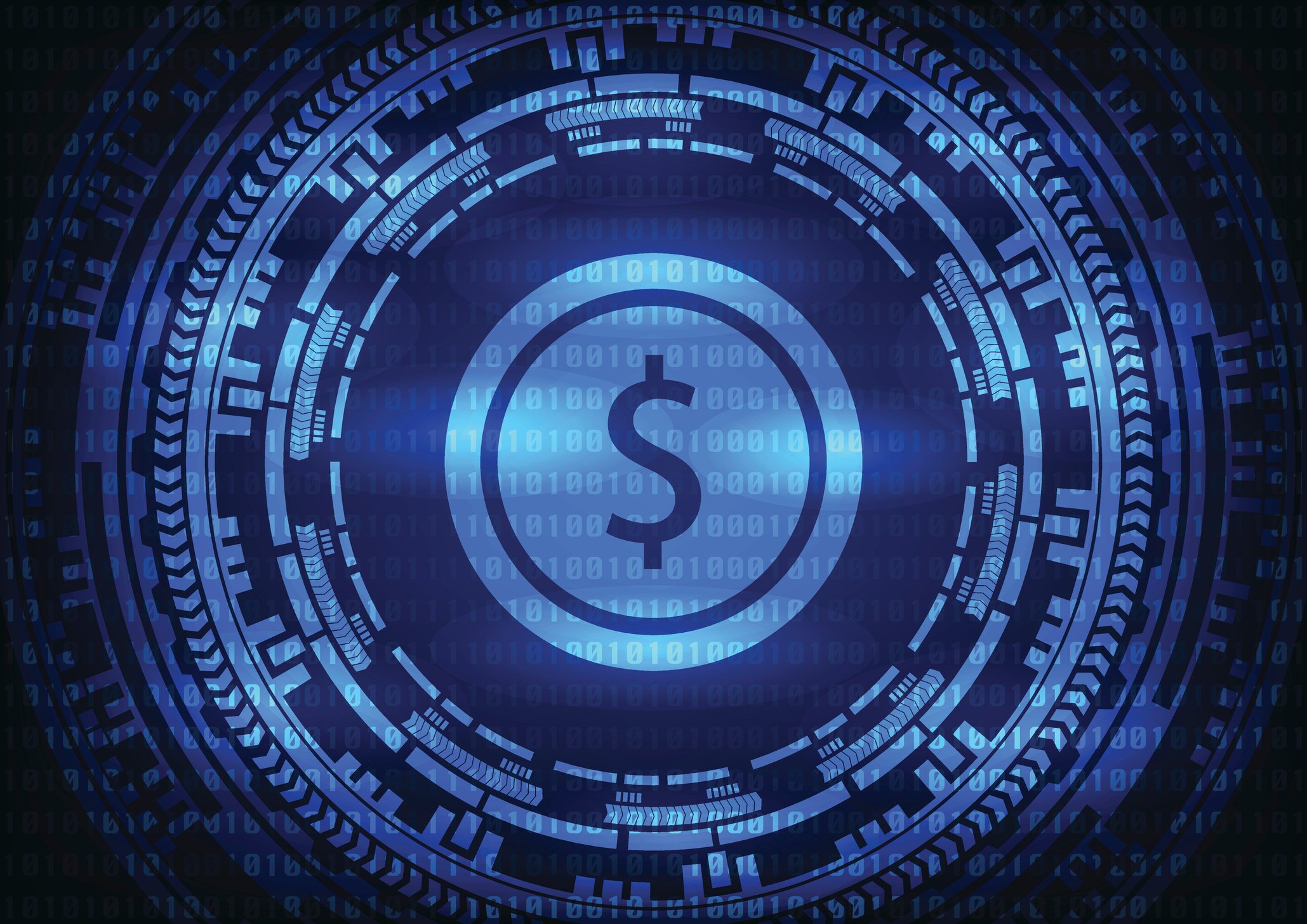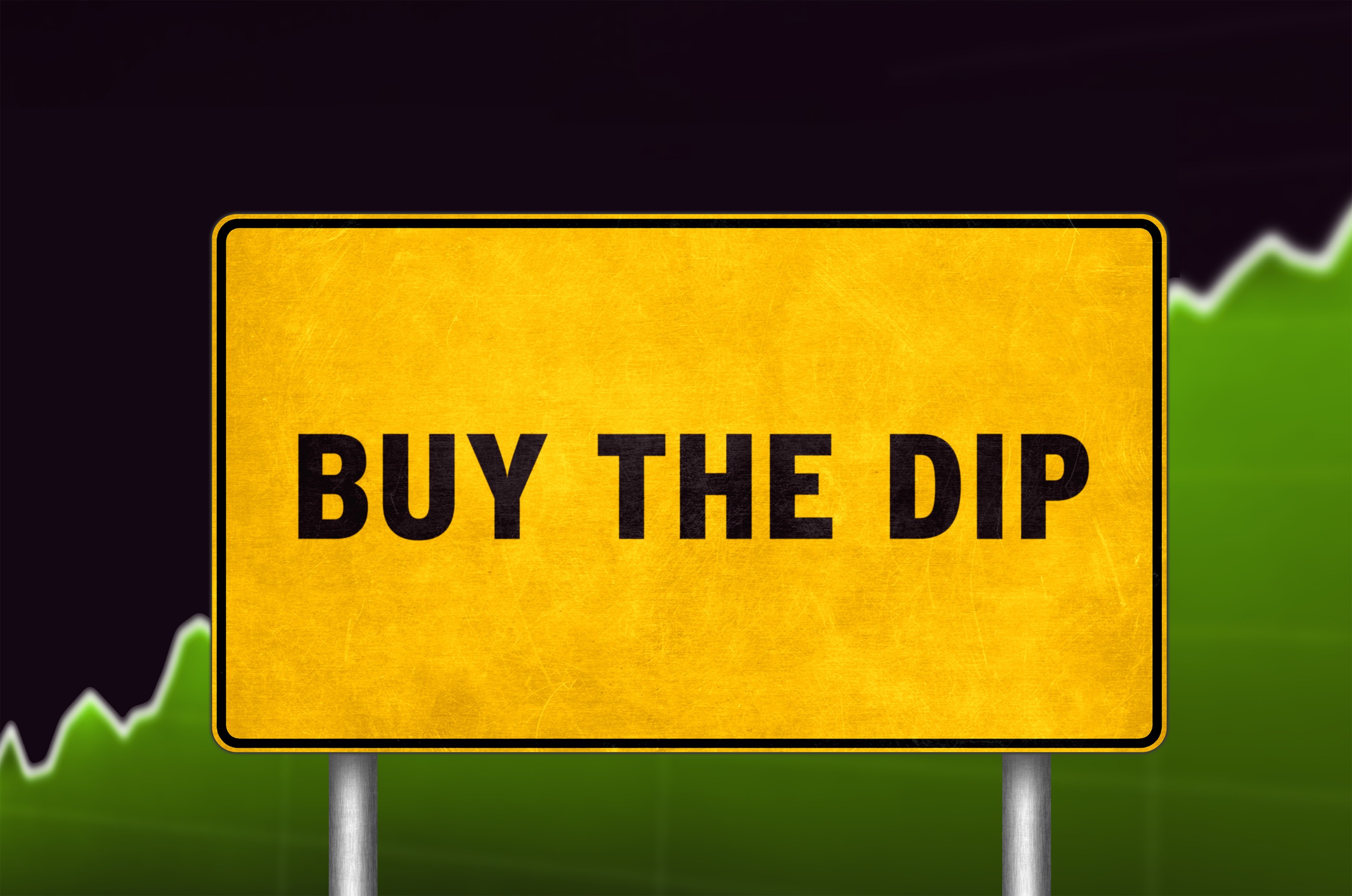Companies like Square (SQ +1.11%) have made it easier for merchants of all sizes to accept card payments. In this segment from Industry Focus: Financials, analyst Michael Douglass and Motley Fool contributor Matt Frankel talk about the ways that technology is disrupting big banks, and what this trend could mean to the banking industry.
A full transcript follows the video.
This video was recorded on April 2, 2018.
Michael Douglass: Let's also continue talking about payments, but a different part of payments -- payment processing. This has been an area where historically, your bank partnered with a Visa or MasterCard and you are making money every time somebody uses a credit card from the merchant, and, of course, theoretically, also if they don't pay off the credit card bill from the consumer. But, on the merchant side, this payment processing, this is an area that's really not just changing, but in a lot of ways democratizing. PayPal and Square have really made this a lot easier, particularly for small businesses, in ways that the big banks and credit card companies hadn't really until they really stepped on the stage.
Matt Frankel: Yeah. The prohibitive factor in the past has not necessarily been the processing fees, the 2-3% that goes to Visa and MasterCard and AmEx, but the hardware costs. Somebody who, say, has a small booth at a craft market, isn't going to buy a credit card payment system that costs $3,000. What Square has done is give you a little tiny reader that goes into your phone that costs next to nothing, relatively, that allows anybody to accept credit cards. My wife and I go to a big farmers market/ craft market downtown once a week, and I can't remember the last time I bought something there where the vendor did not accept cards through Square's platform. And up until a couple of years ago, you had to make a separate trip to stop by an ATM on the way to a market like that. Now that's becoming a thing of the past. It's becoming much rarer that even the smallest business doesn't accept credit cards.
Douglass: Yes. And long-term, what that means is more competition among payment processing means that businesses will have increased choices among how they accept credit cards, and that's going to mean that these payment processors, to some extent, there will be competition. And I think as a result of that, that will be a good thing for consumers. Prices will come down. But it does mean that another area of income will, long-term, probably dry up, at least to some extent.
Now, you could argue that they'll make it back on volume, and to some extent they probably will. You see a lot of really tiny businesses -- craft markets, farmers markets, even small churches sometimes use Square -- are able to do things, therefore the credit card companies are able to pocket a little bit from the transaction fees as a result. But, increased competition is also going to mean that per transaction costs and, as you noted, those hardware costs, are going to continue going down.





